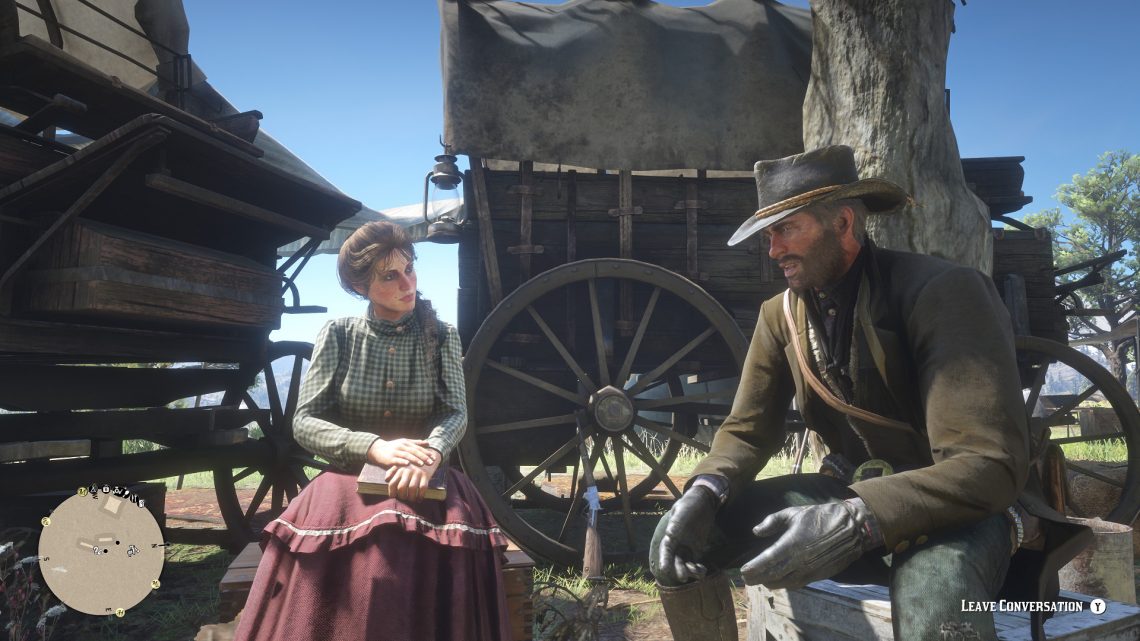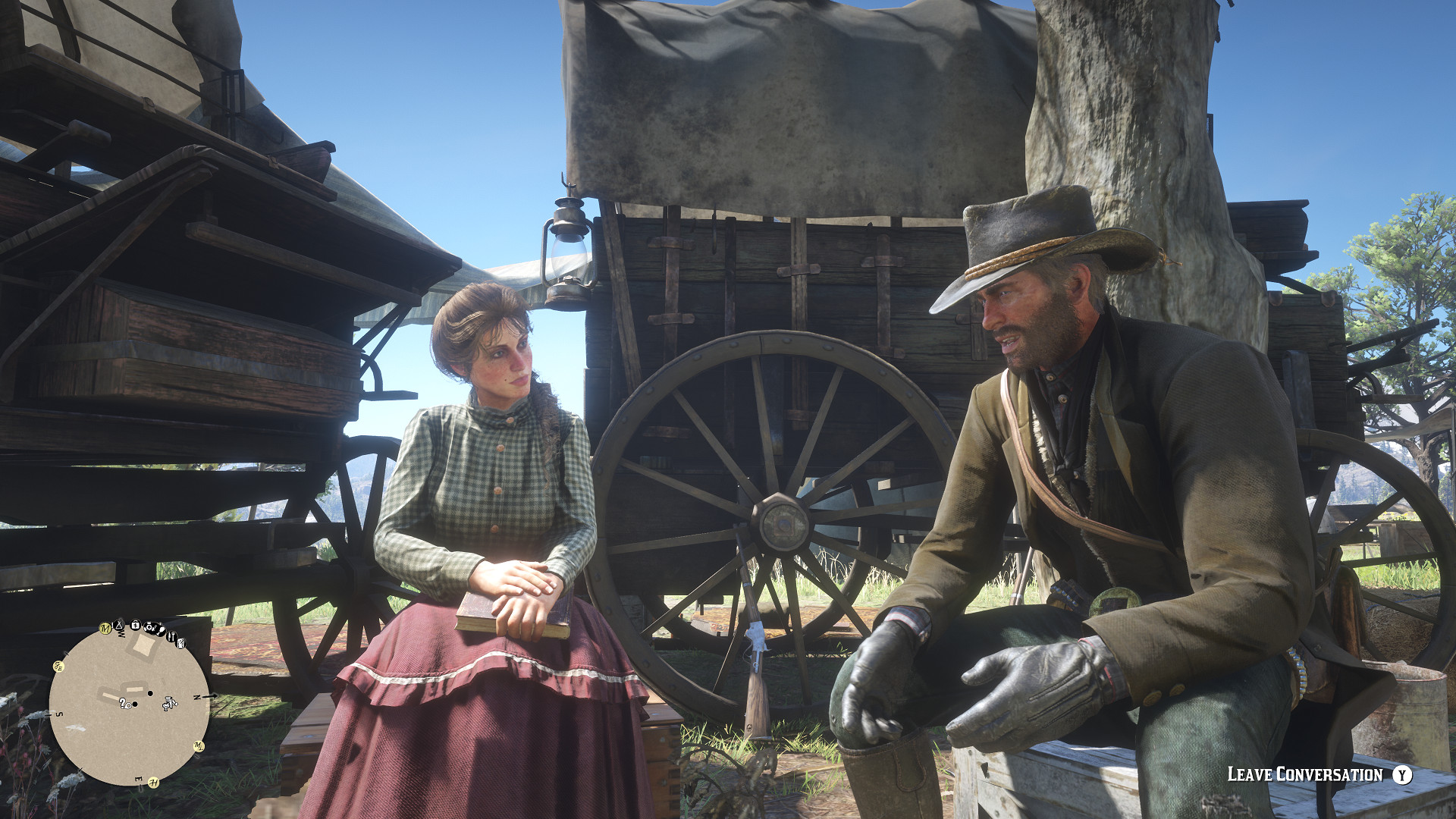
It’s Hard to Keep Returning to Video Game Apocalypses
September 13, 2019Postscript is Cameron Kunzelman's weekly column about endings, apocalypses, deaths, bosses, and all sorts of other finalities.
There’s a part of the back story for Remedy’s Alan Wake that I’ve been entranced by since I first played the game. Decades before the plot of the game takes place, a writer named Thomas Zane discovers that he can use his writing talent to resurrect his dead wife. It goes awry. You can’t turn back the clock. It’s a deal with dark forces. You know the drill. In the horrible aftermath he realizes that he can use the same power to reverse everything, to unring a bell, and so he does. He writes himself and the horror he’s brought to the world through his necrography out of existence.
This is the last regular Postscript column.
Over the past few years I’ve been writing this Postscript column, and I’ve always felt a little like I was pulling a Thomas Zane piece by piece, week by week. Delving into endings and negativity and the small, sad things, I’ve worked not just to drag those feelings into the light but to drag this little corner of the world into the negative. Down into a void.

The first entries in this column were about the apocalypse. When Austin Walker initially asked me about my interest in doing a column, before Waypoint formally existed, I thought that the apocalypse would be something that would carry through a number of topics. After all, the conditions of the real world seem to veer toward the apocalypse consistently, and video games have always used the end of the world (or at least someone’s world) as an animating force to justify and situate all the weird stuff that you get up to in them: murder, conquest, rebuilding, and so on.
And since 2016, I’ve had the distinct pleasure and luck to ruminate on the apocalypse and more. I’ve advocated for more pessimistic games and I’ve pushed for more acceptance of allegory in our political games. This column has given me the capability to push my discussions of games beyond the flavor of the week or the new hot thing and write about the things that I care about. The small games and the weird games and the games that intersect with real, substantial issues in our world. The focus on recent releases and their vagaries often makes writing about games feel parochial and small because what always seems to be at stake are video games themselves instead of the context in which those games exist. Are the guns in this one good? What about the swords? I don’t mean that as a criticism, but as a raw fact that’s produced by the economic conditions under which games writers have to function. If you want to live in this industry, you need some opinions on this week’s newest release, and I’ve written hundreds of thousands of words in that genre. This column, edited generously by Danielle, Rob, and Austin, has given me the ability to push beyond that boundary and into other contexts and ideas. It’s the luckiest I’ve ever been.
Yet constantly focusing on the negative (the down beat; the good thing that never comes; the dead piled up) takes a strange toll. Maybe the reason that we have so much game boosterism and focus on the present is that looking at the shape of things, and how we got here, completely sucks on an emotional level. Many of our most popular games are designed to extract as much time, money, and emotion out of a player as possible. They’re meant to eat you up, and when that happens in a “good” way with, say, Games Done Quick, we praise it. When it ends in a death spiral of garbage rewards and gatekeeping and strung-out unrewarding time sinks, we mourn it what could have been.
As I’ve written this column, I have come to think more expansively of what it means to write something called Postscript. My perspective has slowly shifted into thinking about these columns not as “post-” in the sense of after, but “post-” in the way we think of it in terms like postmodern; these things are here and we’re all struggling and sinking in the mud of the after like Bastian after losing Artax in the swamp. In the midst of a video game culture so focused on nostalgia and remakes and recreating the familiar in what we know, or recreating the hits so they hit so much harder in the sequel and the threequel, I’ve tried to pull focus onto the games that break out of the programmatic scripts of advertising, excitement, and forgetting that make up so much of our engagement in games. It’s for other people to decide if I have succeeded.

Like Thomas Zane, the ultimate goal of this column would be to write itself out of existence. To make its angle and my mode of thinking obsolete because the job was done. I don’t have any illusions that I’ve somehow warped video game discourse or made a lasting, strong impact with my weekly writing. But I do know that many people have played many games that they would not have if I hadn’t written about them. Many people thought about ideas, or learned about writers, or considered perspectives, that they didn’t know about before. Those people have reached out, and I’ve had some great discussions about that, and I’m thankful for all of them.
Also like Thomas Zane, I still plan to re-appear in this column form from time to time, embracing the deep paradox of it not existing and yet appearing in a time where we need some deep negativity or bleak hope injected into things. This is not a retirement or an annihilation; it is simply a demonstration of a new staccato nature where there was once regularity. I’ll still be around here, writing about the things I find fascinating.
But now we’re post-Postscript, living in the sea that is the after, surfacing occasionally to look at something weird and bay at it.


